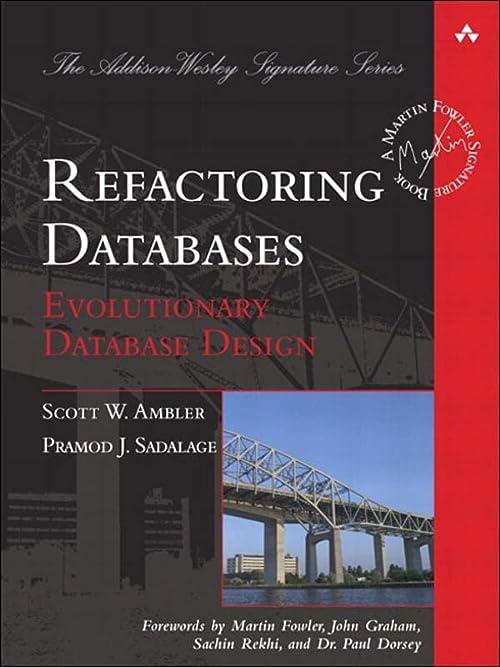Question
Two password policies are being considered. The first allows passwords tocontain any letter (upper or lowercase), number, or the special characters$, #, %, , and
Two password policies are being considered. The first allows passwords tocontain any letter (upper or lowercase), number, or the special characters$, #, %, , and &, and requires the password length to be exactly 16 char-acters. The second policy limits passwords to only lowercase characters,but uses a length of exactly 24 characters. Which policy is more secure? Two password policies are being considered. The first allows passwords tocontain any letter (upper or lowercase), number, or the special characters$, #, %, , and &, and requires the password length to be exactly 16 char-acters. The second policy limits passwords to only lowercase characters,but uses a length of exactly 24 characters. Which policy is more secure?
can you show the work
Step by Step Solution
There are 3 Steps involved in it
Step: 1

Get Instant Access to Expert-Tailored Solutions
See step-by-step solutions with expert insights and AI powered tools for academic success
Step: 2

Step: 3

Ace Your Homework with AI
Get the answers you need in no time with our AI-driven, step-by-step assistance
Get Started


